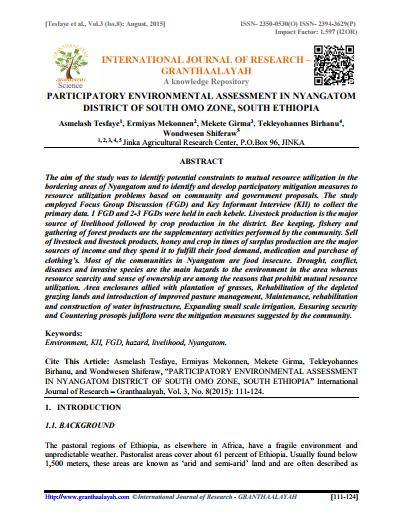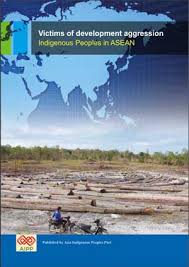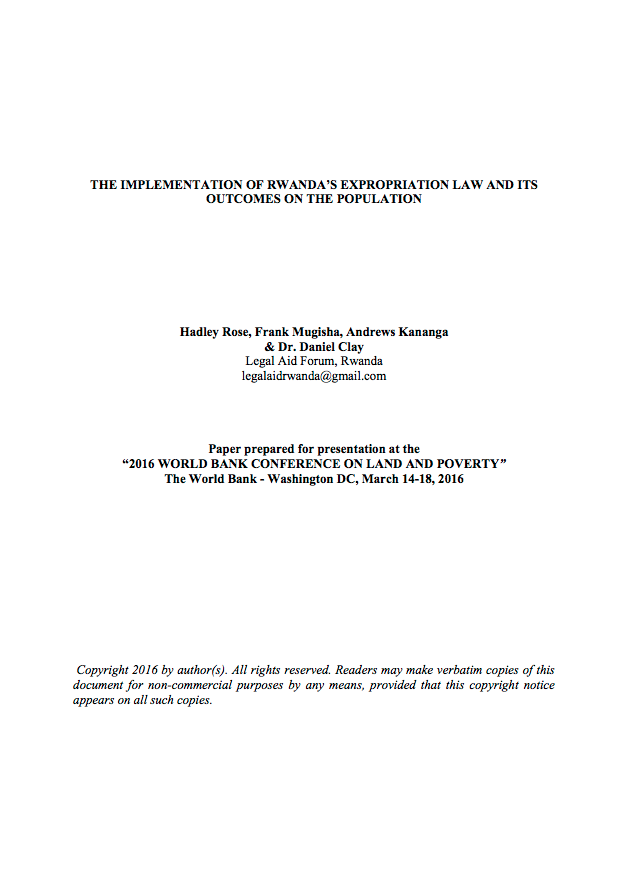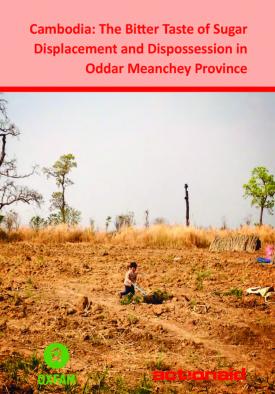Land tenure conditions and the viability of irrigated rice farming
Analysis of land allocation strategies in irrigated agriculture schemes in West Africa yields lessons which can guide the design and implementation of current and forthcoming projects. Allocation of insufficient land makes the main purposes of large dam projects – to combat poverty and to increase national cereal production – more difficult to achieve. Research by the Global Water Initiative (GWI) at three dam project sites in West Africa shows that the area of land allocated per family is usually about 1 hectare (ha).









